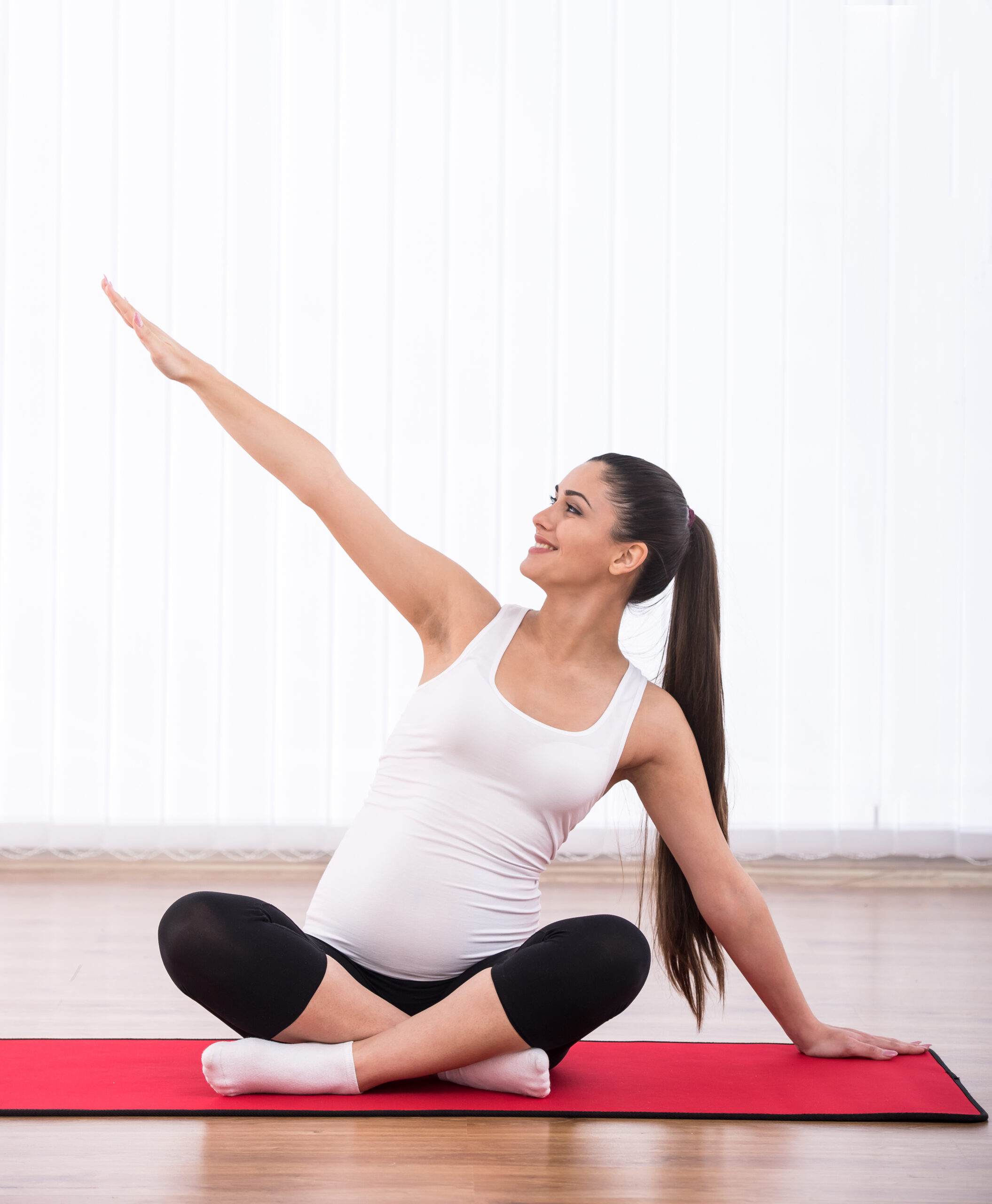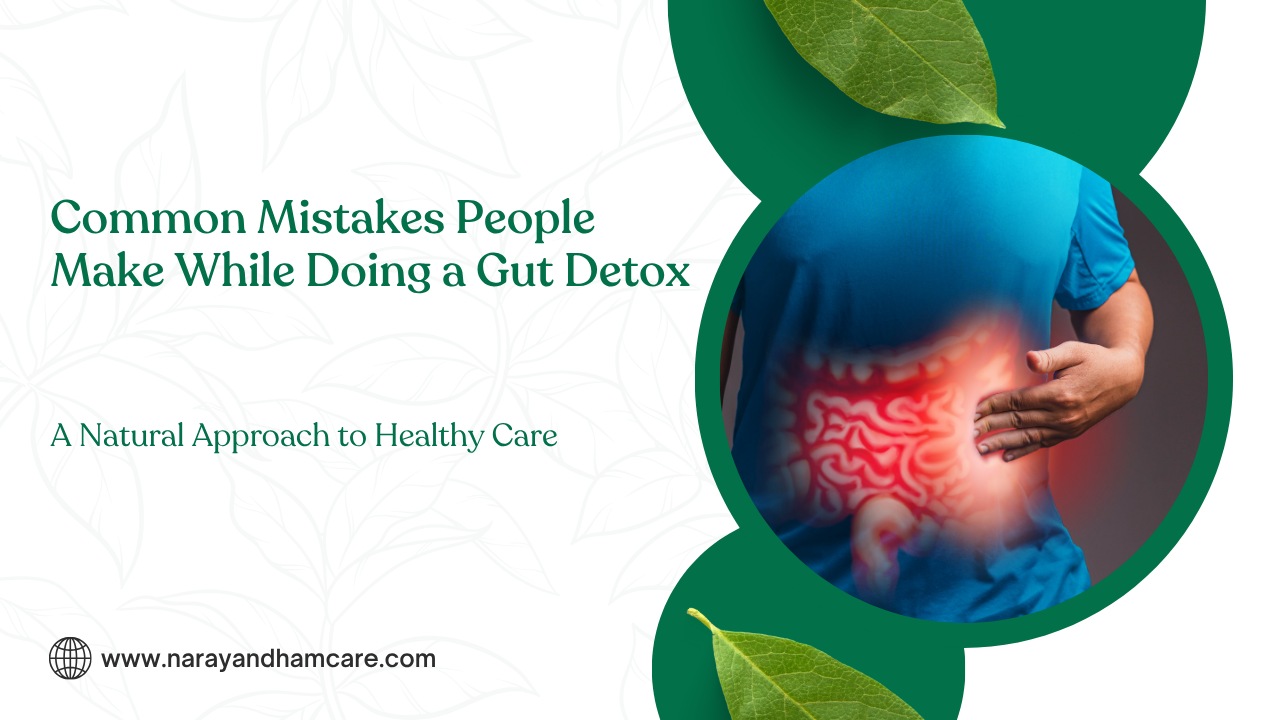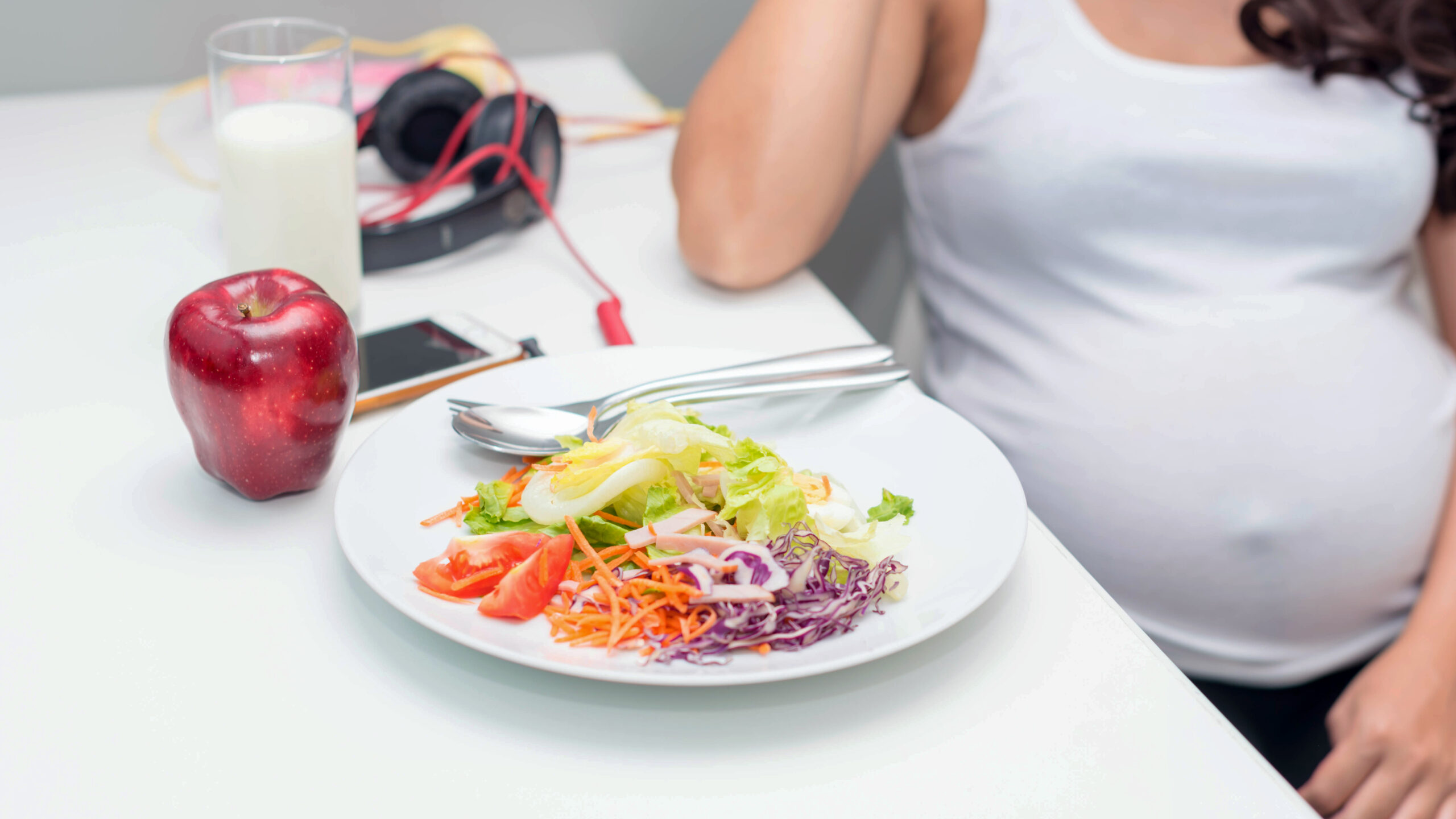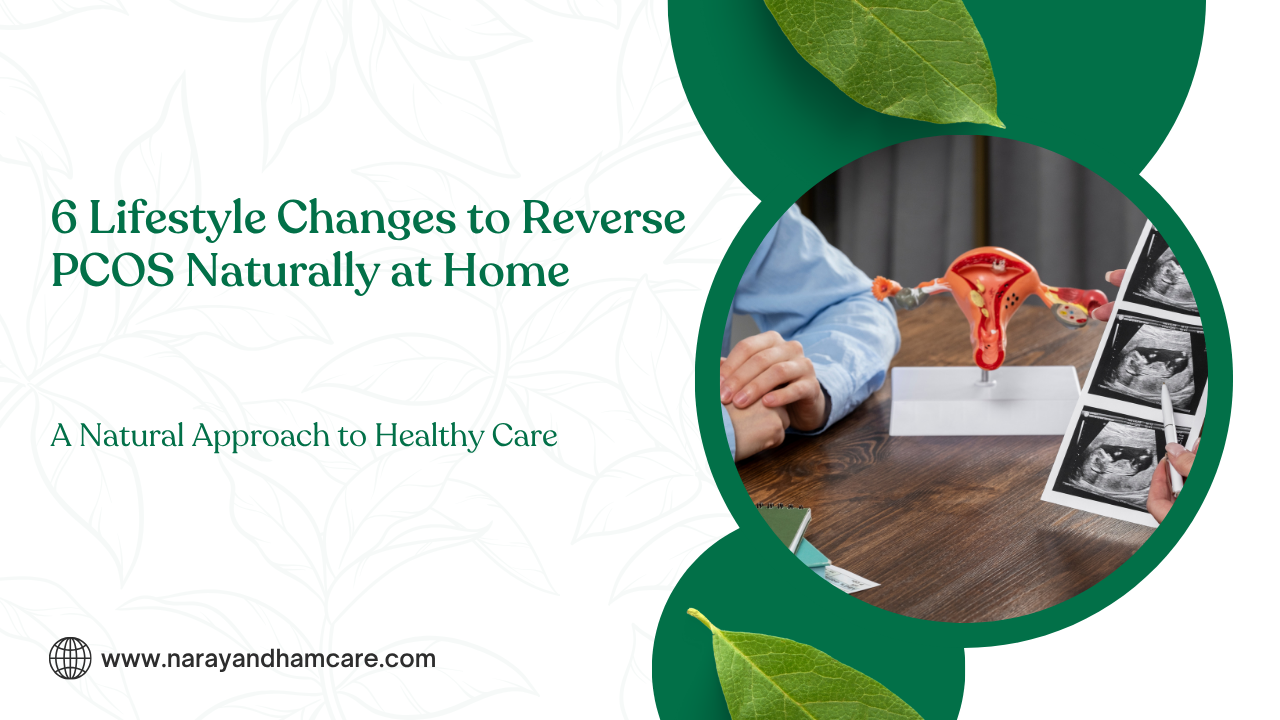Regular exercise plays a crucial role in overall health, but its impact on fertility is often overlooked. Physical activity helps regulate hormones, improve blood circulation, maintain a healthy weight, and reduce stress—factors that significantly influence reproductive health. Whether you are trying to conceive naturally or undergoing fertility treatments, incorporating the right amount of exercise can enhance your chances of conception.
How Exercise Affects Female Fertility
- Regulates Menstrual Cycles: Moderate exercise helps balance hormones, ensuring regular ovulation and improving fertility potential.
- Improves Insulin Sensitivity: Women with conditions like PCOD benefit from exercise as it reduces insulin resistance, a major contributor to hormonal imbalances and ovulatory dysfunction.
- Enhances Blood Flow to Reproductive Organs: Regular movement boosts circulation, ensuring a healthy uterine lining, which is essential for embryo implantation.
- Reduces Stress and Cortisol Levels: High stress can disrupt ovulation; exercise helps release endorphins, which counteract stress hormones and improve mood.
- Prevents Excess Weight Gain: Being overweight or underweight can interfere with fertility; exercise helps maintain a healthy BMI, optimizing reproductive health.
- Boosts IVF Success Rates: Studies suggest that women who engage in moderate exercise before and during fertility treatments have higher success rates.

How Exercise Affects Male Fertility
- Improves Sperm Quality: Exercise enhances testosterone levels and reduces oxidative stress, leading to healthier sperm production.
- Enhances Blood Circulation: Increased blood flow to the reproductive organs helps improve sperm motility and overall sperm health.
- Balances Hormones: Regular physical activity regulates testosterone and reduces excessive estrogen levels, which can negatively affect sperm production.
- Reduces Risk of Erectile Dysfunction: Exercise strengthens cardiovascular health, promoting better erectile function and improved fertility potential.
- Supports a Healthy Lifestyle: Active men are less likely to engage in fertility-harming habits such as smoking, excessive alcohol consumption, and poor dietary choices.
Best Exercises for Boosting Fertility
- Cardio Workouts: Brisk walking, jogging, swimming, or cycling for at least 30 minutes a day promotes cardiovascular health and improves reproductive function.
- Yoga and Pilates: These low-impact exercises help reduce stress, enhance flexibility, and improve blood circulation to reproductive organs.
- Strength Training: Light weight training supports muscle development, boosts metabolism, and balances hormone levels.
- Moderate Aerobic Exercise: Engaging in activities like dance, aerobics, or hiking can improve mood and regulate menstrual cycles.
- Pelvic Floor Exercises: Kegel exercises strengthen pelvic muscles, enhancing reproductive health and sexual function in both men and women.
The Risks of Excessive Exercise on Fertility
While moderate exercise benefits fertility, excessive or intense workouts can have negative effects:
- Disrupted Menstrual Cycles: Overtraining can lead to irregular periods or even amenorrhea (absence of menstruation), reducing fertility potential.
- Hormonal Imbalances: Excessive physical activity increases cortisol levels, which can interfere with ovulation and testosterone production.
- Reduced Body Fat Levels: Extremely low body fat percentages can affect estrogen production, leading to ovulatory disorders.
- Increased Risk of Injury: Strenuous exercise without proper recovery can lead to physical stress, negatively impacting fertility.
Tips for Maintaining a Fertility-Friendly Workout Routine
- Balance is Key: Engage in moderate exercise (150 minutes per week) to optimize fertility without overexertion.
- Listen to Your Body: Avoid pushing yourself to exhaustion, and take rest days to allow the body to recover.
- Stay Hydrated and Eat Well: Proper hydration and a nutrient-dense diet support reproductive function alongside exercise.
- Incorporate Relaxation Techniques: Mind-body exercises like yoga, meditation, and breathing exercises help manage stress and promote hormonal balance.
- Seek Professional Guidance: If unsure about the right workout plan, consult a fitness expert or fertility specialist.
Final Thoughts
Exercise is a powerful tool for enhancing fertility when done in moderation. A well-balanced fitness routine supports reproductive health, boosts overall well-being, and increases the chances of conception. However, overexercising can have the opposite effect, so it’s important to strike the right balance. If you’re trying to conceive, adopting a healthy lifestyle with regular, moderate physical activity can significantly improve your fertility journey.Are you ready to incorporate exercise into your fertility-boosting routine for a healthier future?





